
Experts recommend maintaining a daily journal to anyone seeking to boost their productivity or even manage their mental health. These free apps will help you write a daily journal on your phone or computer.
Each app takes a different approach to digital journaling, so pick the one that suits your style. Some focus on privacy, others target beginners and time-constrained users. And there’s even an app that turns the concept of a diary on its head by making your journal entries public.
1. Cactus (Web): Guided Journaling for Beginners

If you’re new to journaling, Cactus is a good app to start with. It will guide you through the basics of digital journaling while helping you strengthen and improve the core experiences of your daily life.
Once you register for an account, Cactus asks you to check in once a day. There, it will ask you a question based on one of four essential elements: meaning, experience, energy, emotions, relationships. You won’t know the element till you answer the question, in the form of a journal entry.
Questions vary like “who is a person who makes you smile” or “what experiences are you looking forward to this week?” After answering, you’ll get an idea of why the question matters for your mental health. Each entry is a private note to check back later.
At times, Cactus also encourages you to share your notes with people. It’s a nice exercise for gratitude journaling, and it’s easy to share a single note without unloading all your thoughts on that person.
Psst, sign up now and you’ll also get some cool free phone wallpapers.
2. JournalBook (Web): Create Your Own Q&A Journal

Productivity gurus and mental health experts have several thoughts on what you should record in your journal. Each approach has different apps guiding you with questions that you can answer daily. With JournalBook, you can create a custom digital journal with your own questions.
You don’t need to register or sign up to use the app. Fire it up in your browser and you can start writing. It suggests four popular daily questions to get you started and has extra fields to add your own. Every day, it will prompt you to answer those questions. When you have a particularly big day, you can highlight it, and reflect upon those highlighted days later.
This is a progressive web app that works on any browser. All data is stored on your device, not on a cloud, so you’ll need to use it on the same gadget every day. It works offline and is mobile-friendly to use on a phone. You could even turn the site into an Android app.
3. Sol Journal (Web): Self-Hosted, Privacy-Focused Journal

Sol Journal is another progressive web app journal that works offline in your browser. In fact, the developer says JournalBook was an inspiration for it. But the difference here is that you can host it yourself, thus giving you full control over privacy.
Privacy is a key factor in digital journaling. You didn’t let anyone see your diary as a kid, why should you trust that your deepest thoughts would be safe on a web server that someone can hack? Sol Journal lets you deploy a journal to your own server, so the data is protected. The GitHub instructions are simple.
You can try out Sol Journal before installing it. You’ll find a minimalistic interface for a journal, with day and night modes. There’s a handy “Quick Add Time” button to put the current timestamp into an entry. And you can export it all to a JSON file. You’ll need to register to use Sol Journal, but that only means you can use it on multiple devices instead of just one.
4. The Open Diaries (Web, Android, iOS): Read Others’ Journals and Share Your Own
A diary should be kept secret, or so we have been conditioned to believe. The Open Diaries questions that notion and urges you to be more open about the digital journaling experience. What would happen if you could read other people’s diaries, and they could read yours?
Don’t worry, it’s not like your entire journal is open for anyone. You get to choose which entries to make public and which ones to keep private for your eyes only. The interface is a bit kiddish, using a handwritten script-like font that you’ll have to live with. There’s also a decent text editor for formatting, and you can add images too.
On The Open Diaries public feed, you can browse and read entries from anyone. In our cursory browsing, it seemed like an active social network with people from different parts of the world.
Openly writing a diary might not be everyone’s cup of tea, and we’d advise not sharing personal details with which someone can identify you in real life. As long as you’re careful, it can be therapeutic in a whole new way.
Download: The Open Diaries for Android | iOS (Free)
5. Reflectly (Android, iOS): Simple Daily Journal With AI
You can’t escape artificial intelligence, even in digital journaling apps. On a serious note, Reflectly does a good job of using AI in a journal app, especially for those who don’t want to do long diary entries daily.
The app divides journaling into tracking your moods and noting major highlights. Every day, it prompts you to note how the day went, what type of activity made it feel that way and note any thoughts about it.
Along with these three, you get a new daily question. The type of question varies but it’s usually a good self-assessment or a place to vent. This is where the AI comes in, as it uses your mood and other data to come up with the questions.
You can also view statistics on Reflectly after you unlock stars by using it regularly. The app aggressively pushes its Premium version, but keep tapping “No Thanks” every time it pops up and you can still use the free version without a hitch.
Download: Reflectly for Android | iOS (Free)
6. JournalFlow (Web): Journal Through Email or Messengers
The term “Dear Diary” was meant to suggest that you’re talking to a friend. What if you could keep a journal by the modern mechanism of talking to friends? JournalFlow is a neat app that hooks into Telegram and Facebook Messenger, so you can chat to add to your journal.
Sign up and add JournalFlow to the messenger of your choice. From then on, it’s like any other chat with a friend. Type into the chat window and it’ll get automatically added to your journal. You can also post photos.
Periodically, JournalFlow will ask you questions pertaining to your day or mood, like any of the other guided journaling apps. You can also use JournalFlow through email, replying to one message a day with those questions.
The downside is that JournalFlow is free only for 30 days, after which you’ll have to pay $2.49 per month to use it. Try it out and see if it’s worth it for you.
Note: At the time of testing, the Telegram feature wasn’t working.
More Diary Apps
The benefits of digital journaling cannot be ignored. There are multiple studies that conclude this daily practice can help in mental clarity and emotional well-being. But different apps work for different people. So if the above tools aren’t your speed, try these other diary apps to start a journaling habit.
Read the full article: 6 Digital Journal Apps to Boost Mental Health With a Daily Diary
from MakeUseOf https://ift.tt/33KczVw
via IFTTT
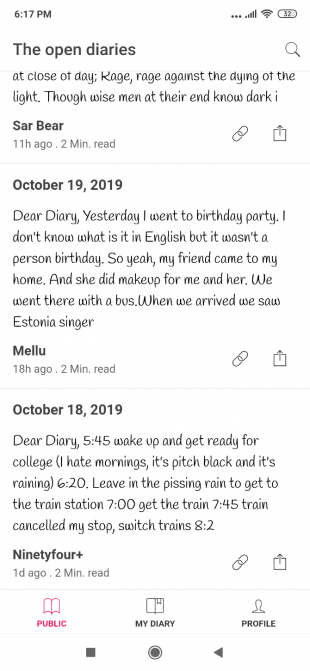
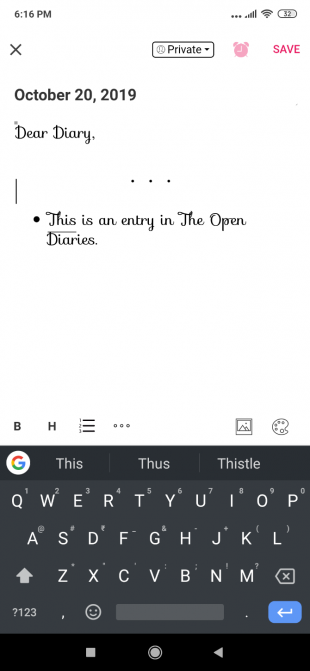
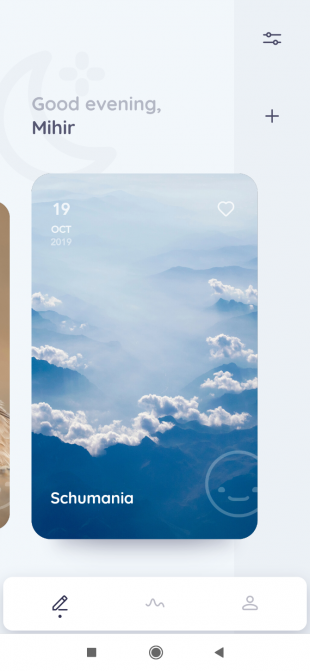
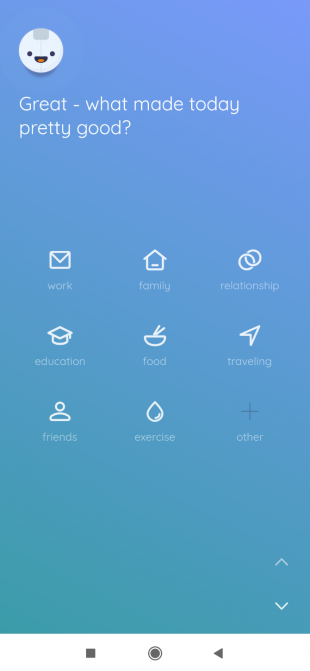
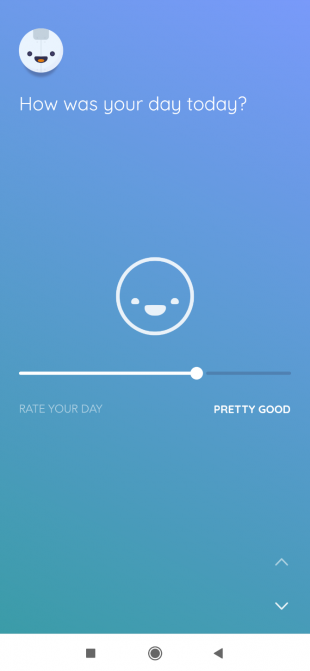
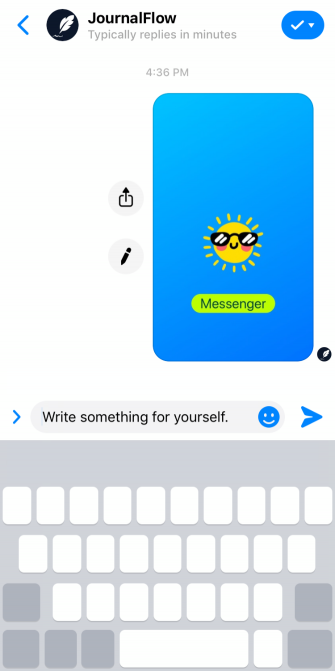
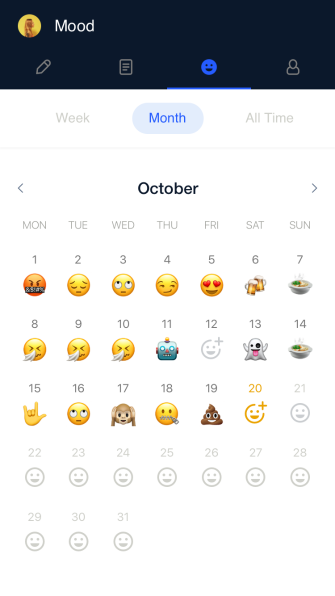
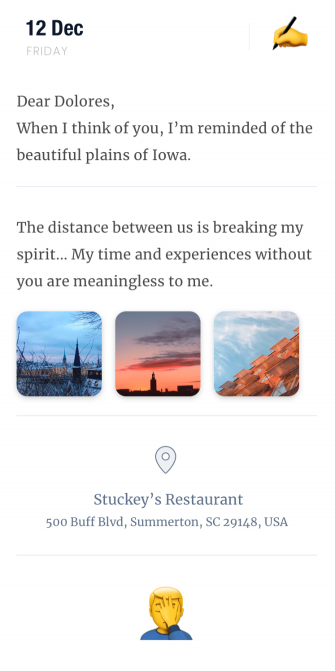
No comments:
Post a Comment